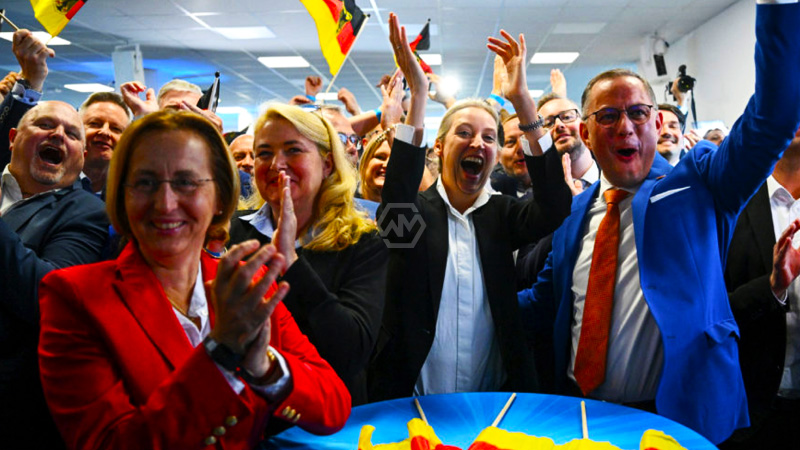- Economic concerns eclipse climate worries among European youth.
- Far-right parties leverage social media prowess to attract younger voters.
- Cultural identity and anti-establishment sentiment resonate with disillusioned youth.
In recent European elections, far-right parties have seen a surge in support among young voters, driven by economic anxieties and adept use of social media platforms like TikTok and YouTube. This demographic shift reflects a broader trend away from traditional left-leaning environmental concerns toward nationalist and anti-establishment sentiments.
European Politics’ Far-Right Youthquake on Social Media
In recent European elections, the far-right has leveraged social media with unprecedented effectiveness, engaging younger audiences through platforms like TikTok and YouTube. These parties have adopted a more informal and direct approach, contrasting sharply with traditional political messaging.
The appeal of far-right parties to youth often hinges on their ability to address perceived grievances around issues like immigration, national identity, and cultural preservation. They tap into a sense of disenfranchisement and frustration with mainstream politics, presenting themselves as outsiders challenging the status quo.
Social media has provided a fertile ground for the dissemination of far-right ideologies, allowing these movements to reach and influence younger demographics who may feel marginalized or unheard by established political structures. The interactive nature of platforms like TikTok enables direct engagement and virality, amplifying the reach of controversial messages.
This shift marks a departure from previous youth movements centered on climate activism, signaling a broader recalibration of political priorities among younger generations in response to economic instability and societal change.
The rise of far-right support among Europe’s youth signals a significant shift in political dynamics, driven by economic concerns and amplified through effective social media strategies. As mainstream parties grapple with this trend, understanding the intersection of economic insecurity, cultural identity, and digital communication will be crucial in shaping future electoral strategies.
“As social media becomes the new battleground of political influence, the far-right’s adeptness in capturing youth attention is reshaping European politics.
– Political Analyst



